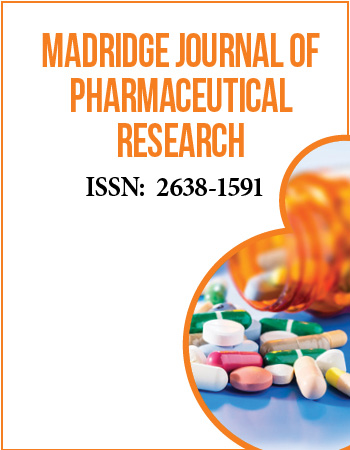International Conference on Medicinal and Pharmaceutical Chemistry
December 5-7, 2016 | Dubai, UAE
Novel approaches for cancer treatment
College of Pharmacy and Nutrition, University of Saskatchewan, Canada
In spite of significant advances in recent years towards the development of new therapies, cancer is still a largely unmet medical need and the leading cause of death in industrialised countries. The main challenge in cancer therapy is the patientsʼ immune suppression leading to tumor relapse and therapeutic failure. Chemotherapy agents are often accompanied by various side effects and poor pharmacokinetics profile. Advancements in nanoparticles as novel drug carriers are rapidly progressing and offer exciting promises. Polymeric nanoparticles have been developed and characterized to enhance the efficacy of the therapies. The drawbacks and challenges of the current cancer treatments and different strategies to overcome the issues will be presented and discussed.
Biography:
Dr. Azita Haddadi, Pharmacy doctor (Ph.D.-Pharmaceutical Sciences), is currently an Associate professor of Pharmaceutical Sciences, Division of Pharmacy, College of Pharmacy and Nutrition, University of Saskatchewan. She got her Pharm D degree in 1997 and PhD in Pharmaceutical Sciences in 2005. Dr. Azita Haddadi joined Dr. John Samuelʼs group at the University of Alberta in 2003 followed by a postdoctoral training at his laboratory working on Cancer Immunology. She got a position as senior scientist at a research based pharmaceutical company in Edmonton, AB to work on cancer therapy while she was also a Research Associate at the University of Alberta. Dr. Haddadi then joined the University of Saskatchewan as an Assistant Professor in 2010. Dr. Azita Haddadiʼs research program focuses on overcoming the ongoing challenges in cancer therapy. The main emphasis of her research is to develop new biomedical and pharmaceutical nanotechnology strategies for cancer chemo-immunotherapy. Her research attracted considerable funding from a number of national organizations in Canada.


